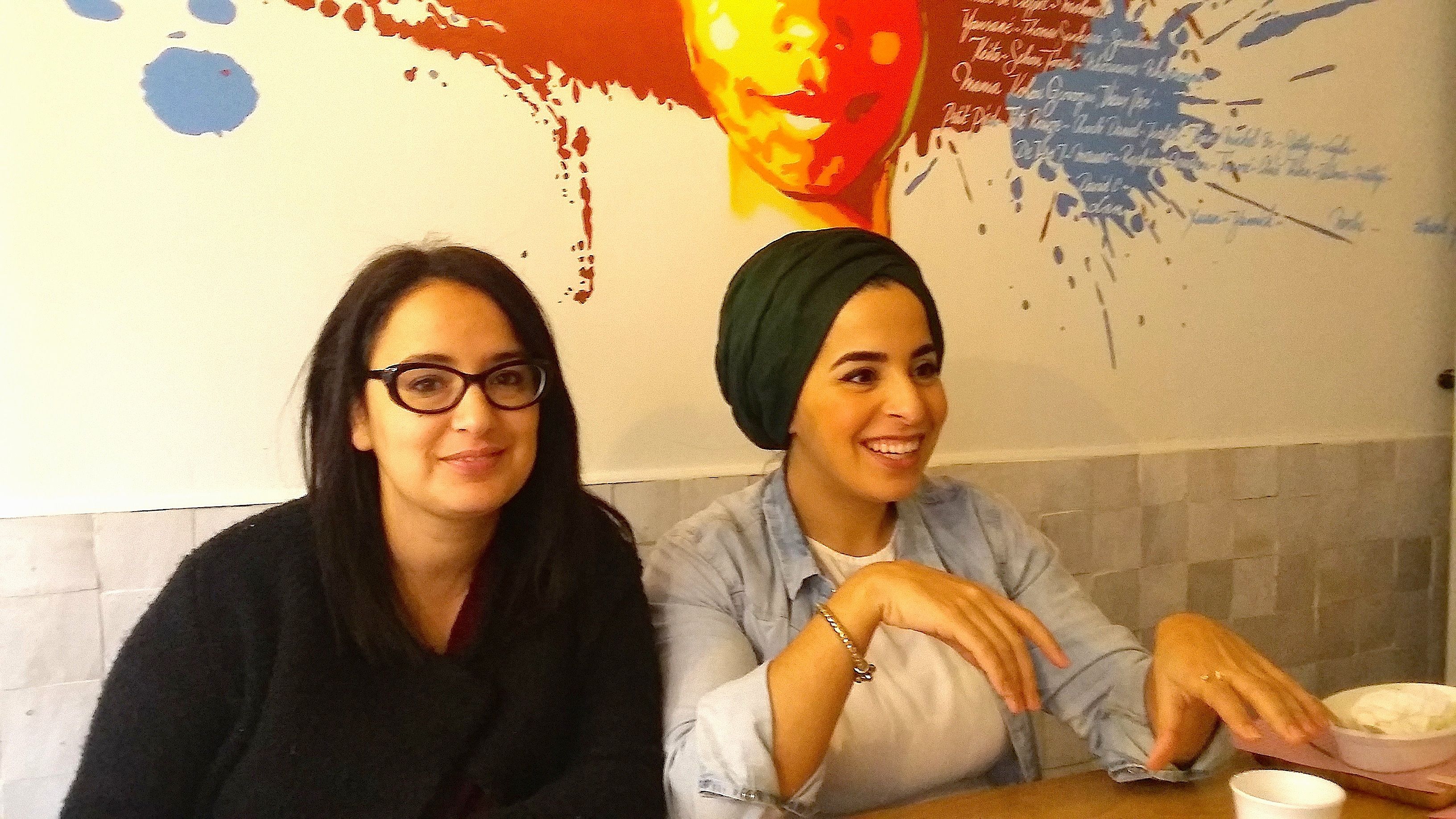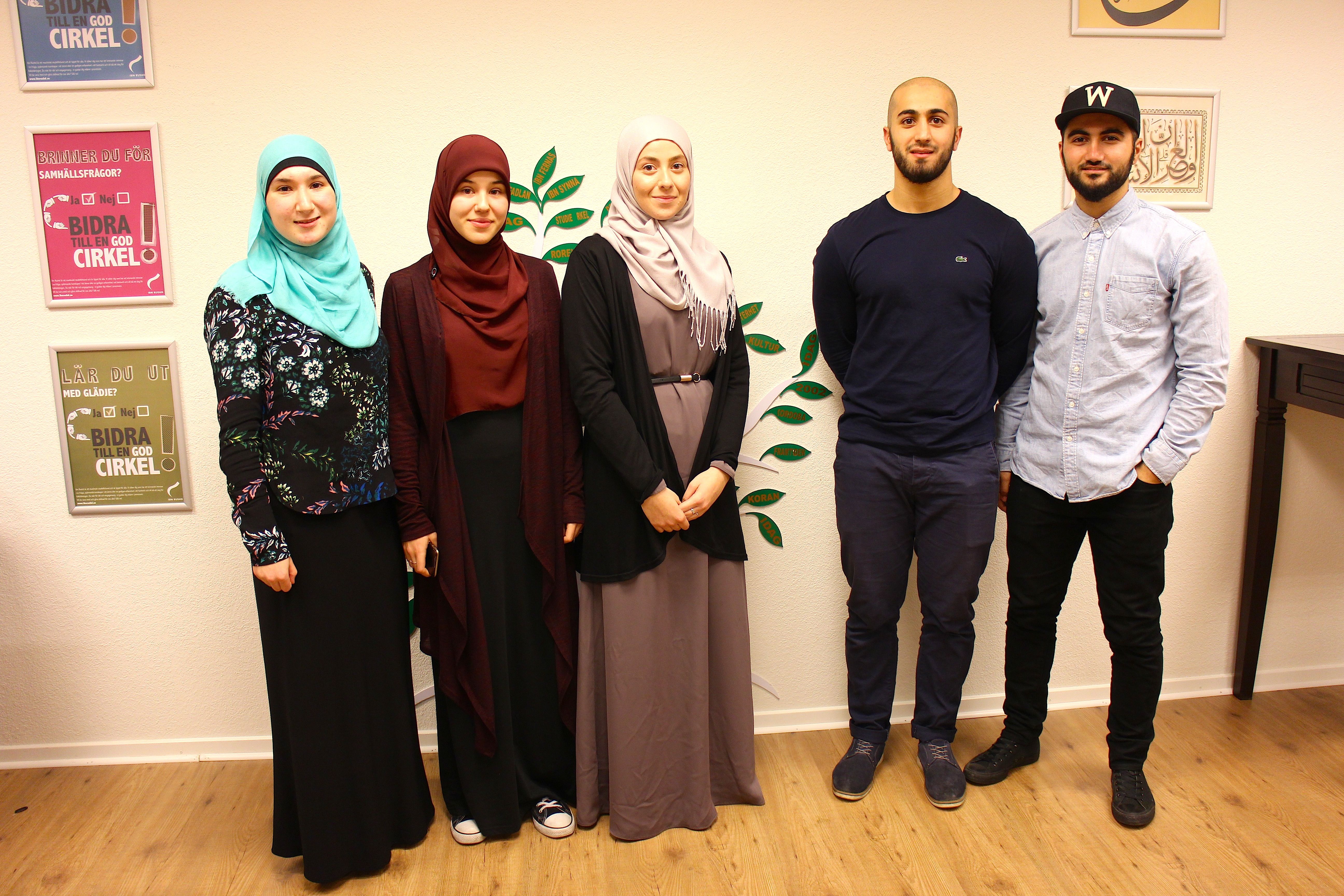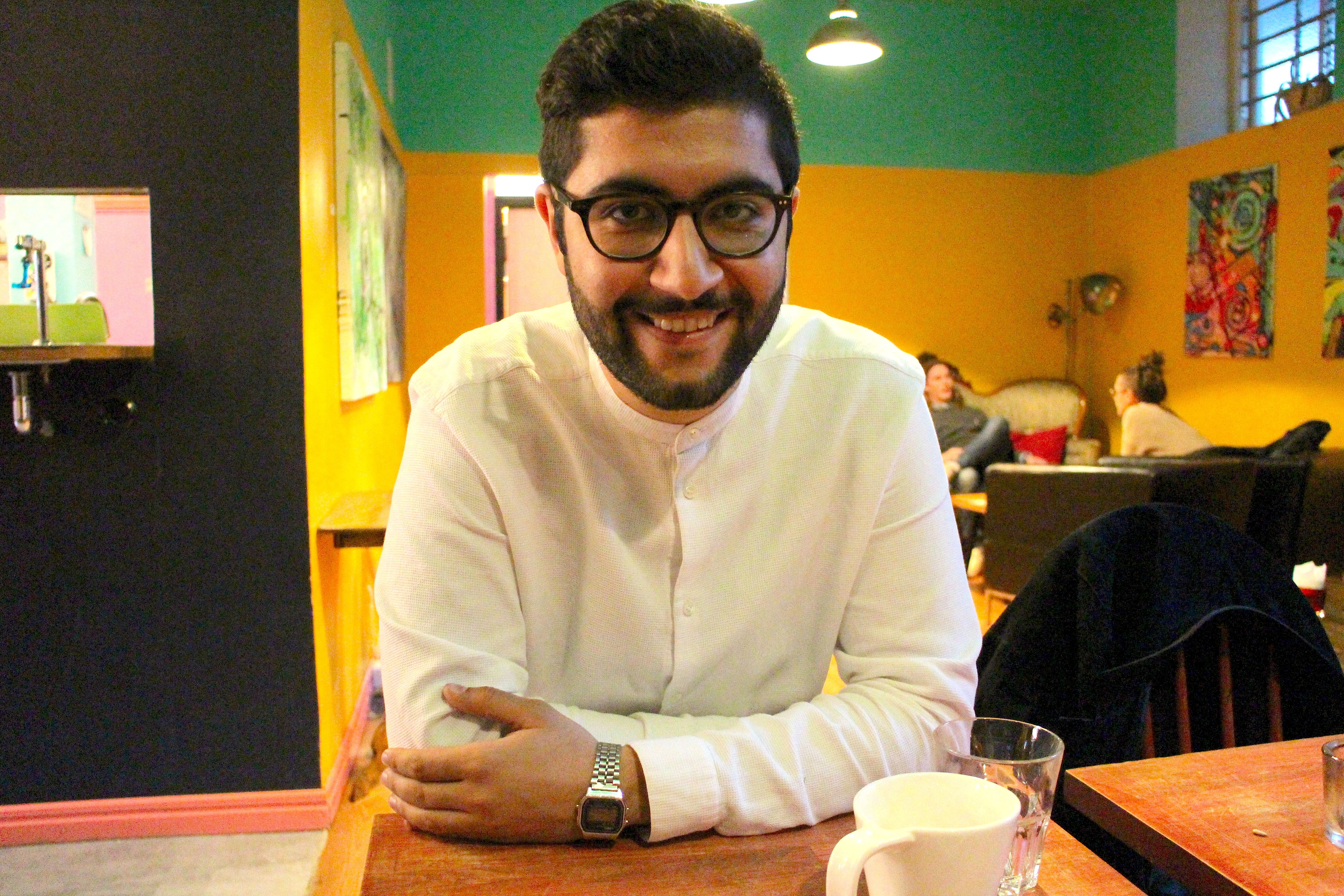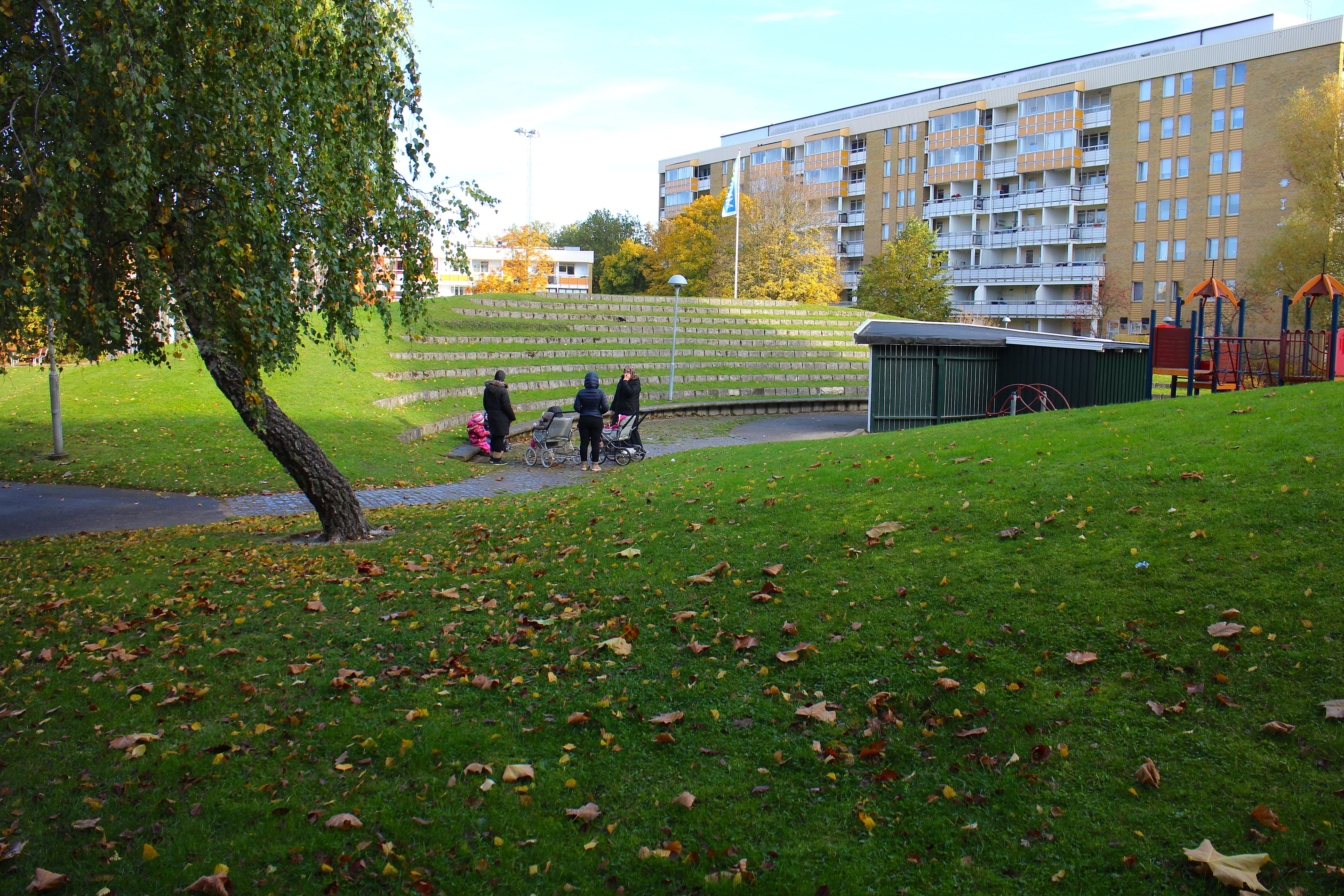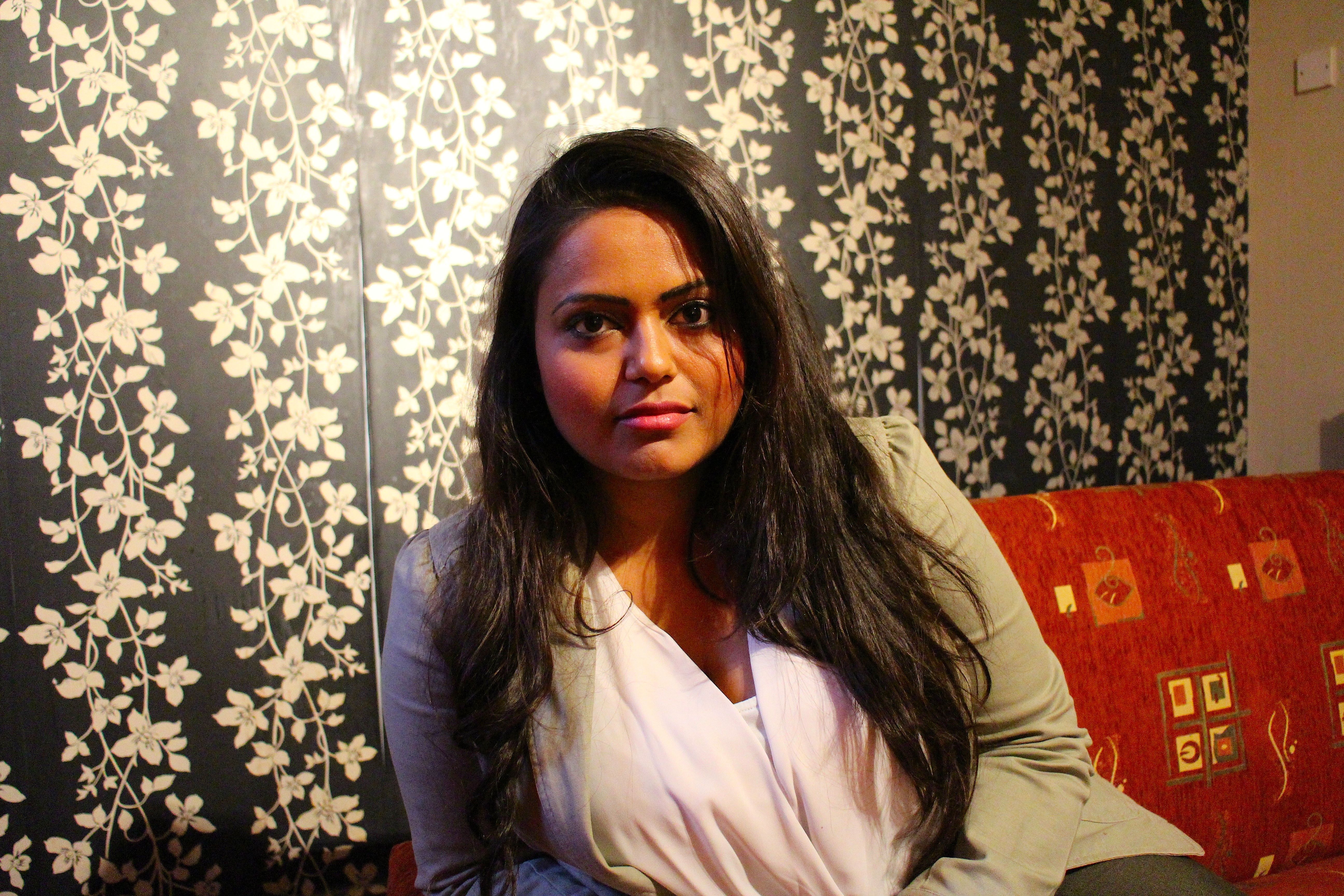Many of the young Muslim activists Nick Shindo Street met are challenging the assumptions of both conservative immigrant cultures and secular European majority societies. Some of the questions they’re asking: What does it mean to be a Muslim? What’s my relationship to the Quran? Do traditional sectarian identities mean anything to me? How can I challenge the sexism or homophobia within my parents’ community without buying into the racist agendas of European nationalist political movements? The young people on this “left fringe” of European Islam are far more numerous than we generally realize because their activism tends to focus on collaboration and incremental change rather than spectacle—in other words, they’re not nearly as sensational as ISIS recruits and other actors on Islam’s violent fringe, so they don’t get the same kind of attention from news media and government. But in terms of both their numbers and influence, progressive Muslim activists are a much bigger, if generally untold, story.
